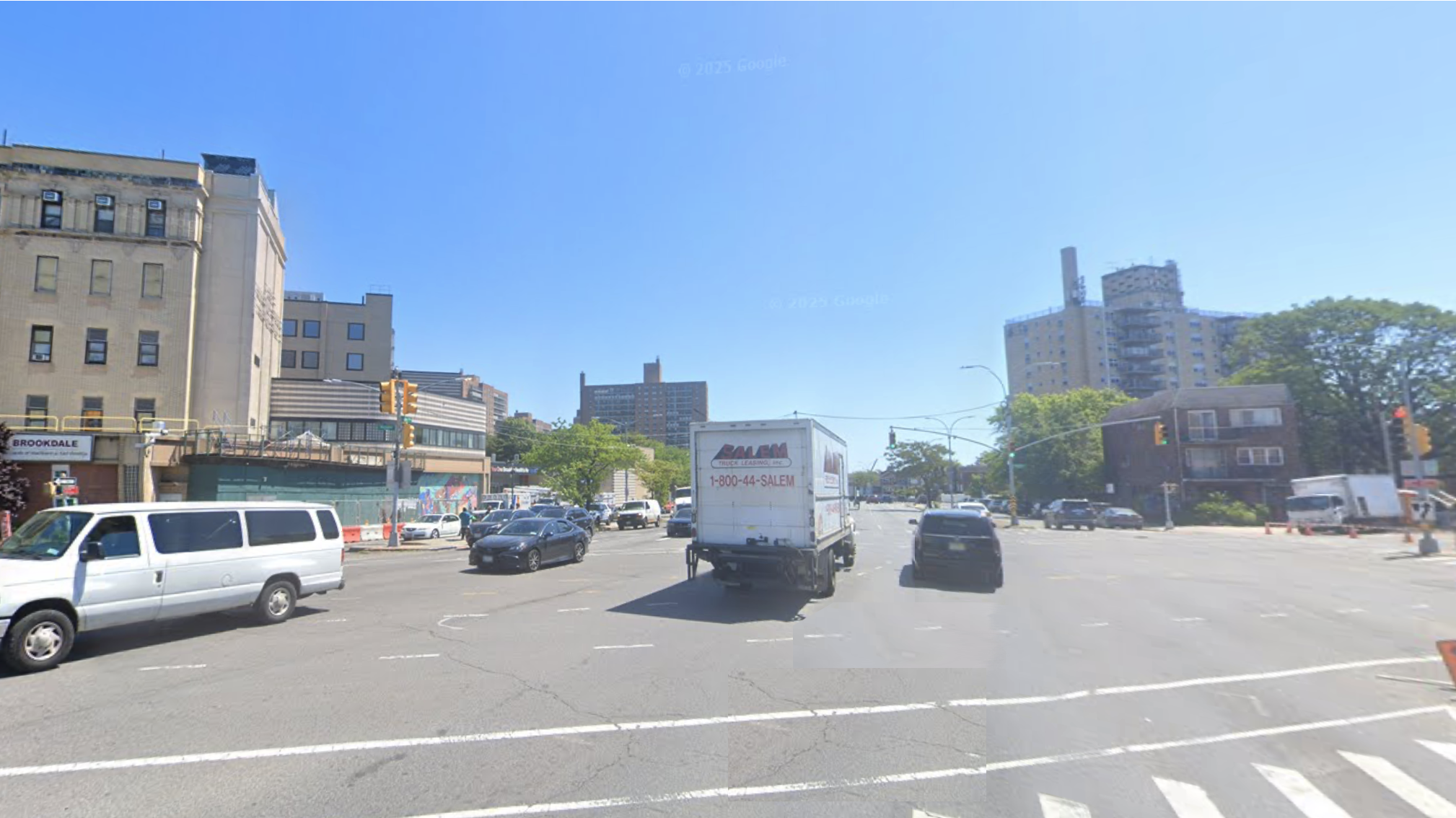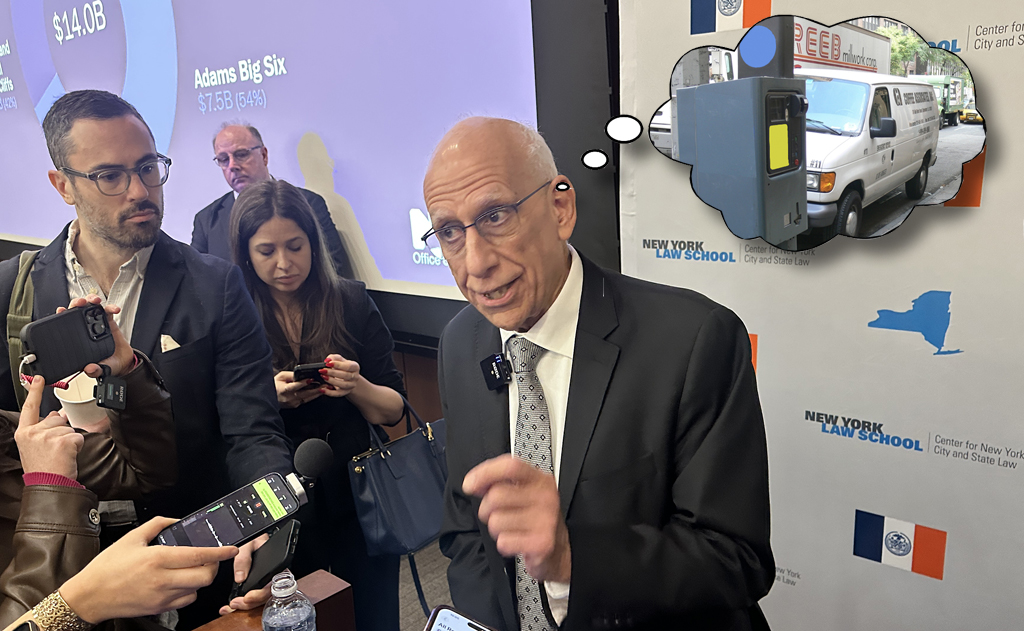Where we live has an enormous impact on energy use, according to new research commissioned by the EPA. The report, "Location Efficiency and Housing Type -- Boiling It Down to BTUs" finds that Americans use far less energy if they live in an apartment building in a transit-oriented neighborhood than if they live in a detached suburban house, even if that house has green building features and sports fuel-efficient cars in the driveway.
When it comes to this report, a picture's worth a thousand words. As the graph above shows, the biggest energy efficiency gains come from living in transit-oriented neighborhoods.
A household living in a single family detached house located in a typical sprawl development uses an average of 240 million BTU (British Thermal Units, a unit of energy output) of energy a year, while the same household would only use 147 million BTU if the exact same house were located in a compact neighborhood. Make that single family house an apartment and energy use is down to 93 million BTU.
"While energy efficiency measures in homes and vehicles can make a notable improvement in consumption, the impact is considerably less dramatic than the gains possible offered by housing type and location efficiency," the authors write. The ideal solution, of course, is to combine smart growth with green technology.
The report serves as a high-level rebuke to those who dismiss the importance of smart growth for curbing energy use, a point of view that was reinforced by a recent report from the Pew Center on Global Climate Change. While putting a stop to the country's many sprawl-inducing policies may not be easy, the EPA's numbers show it's necessary.






